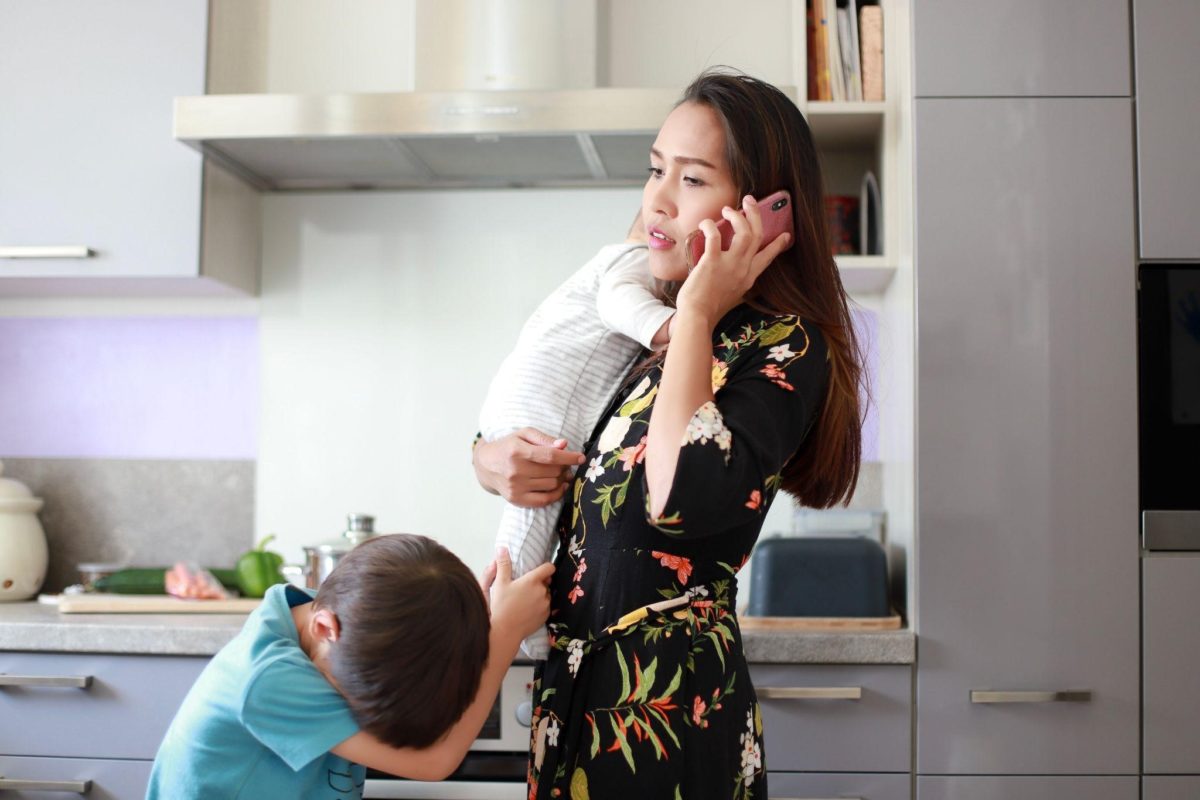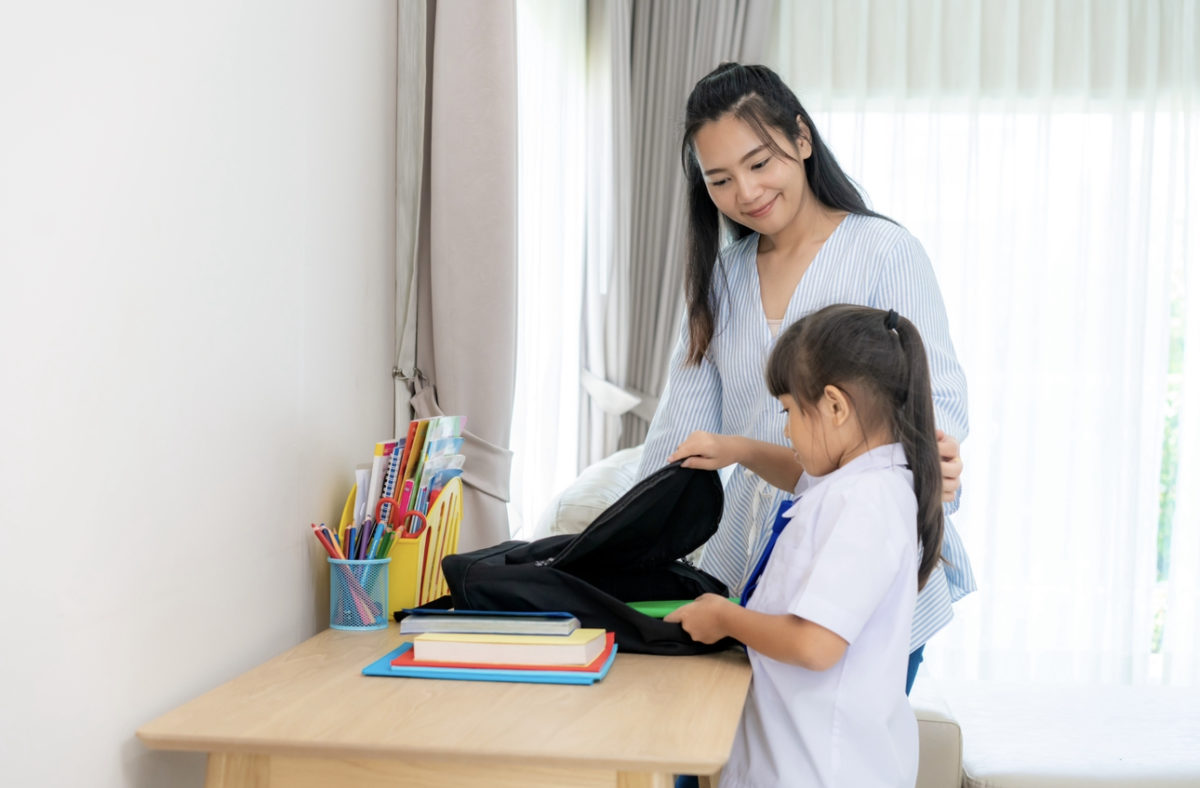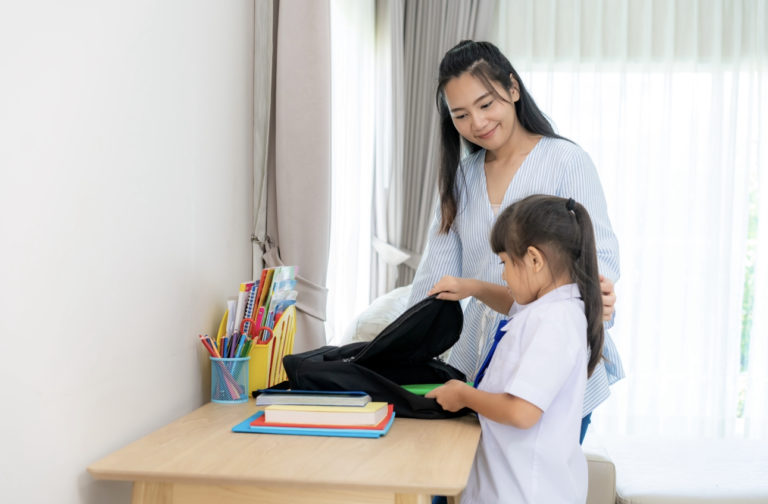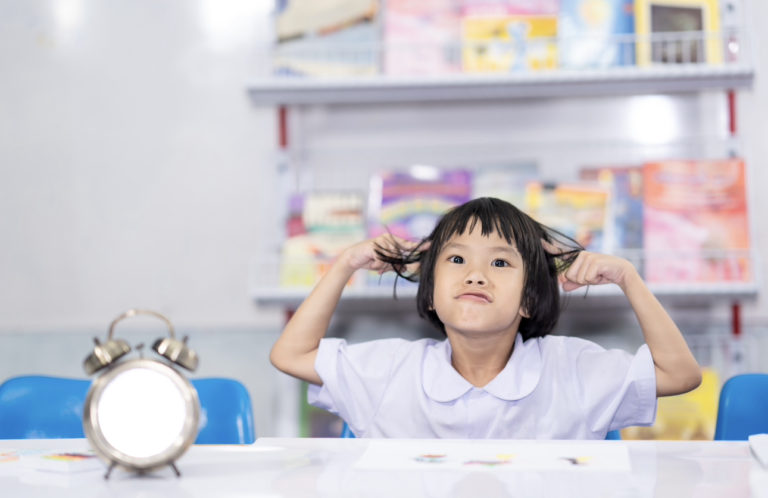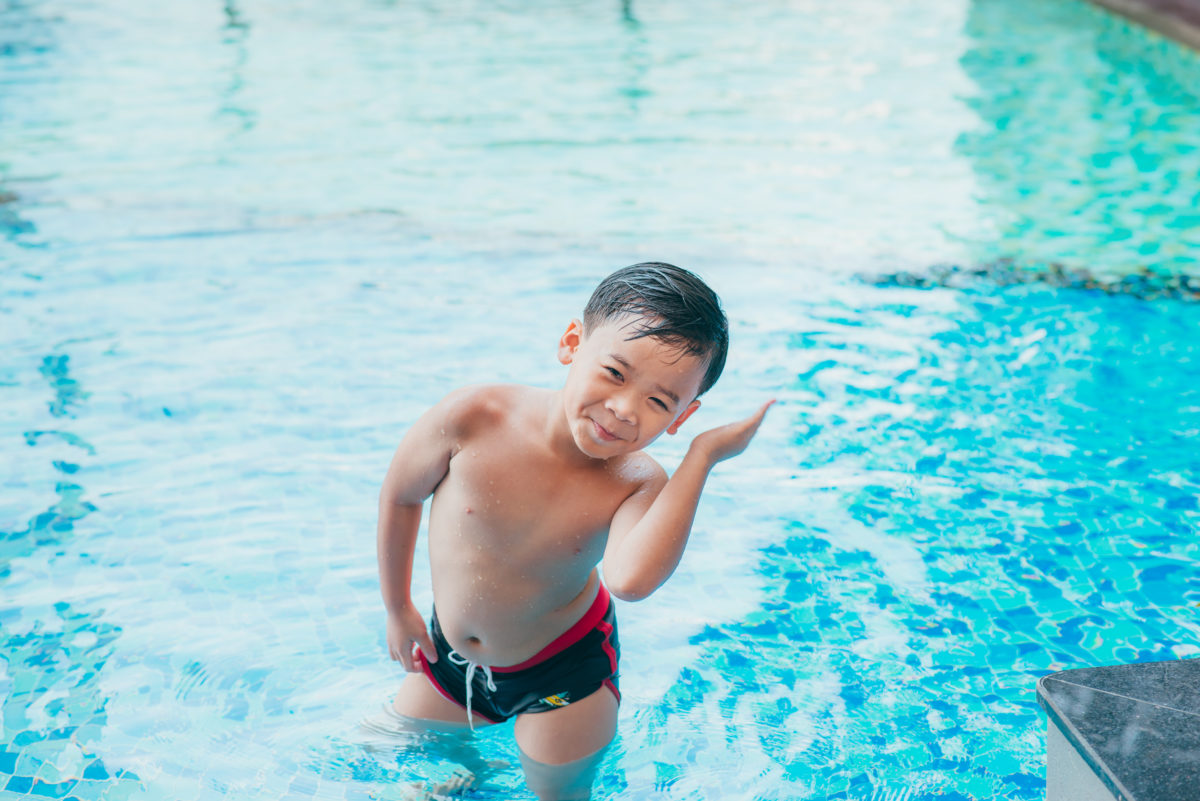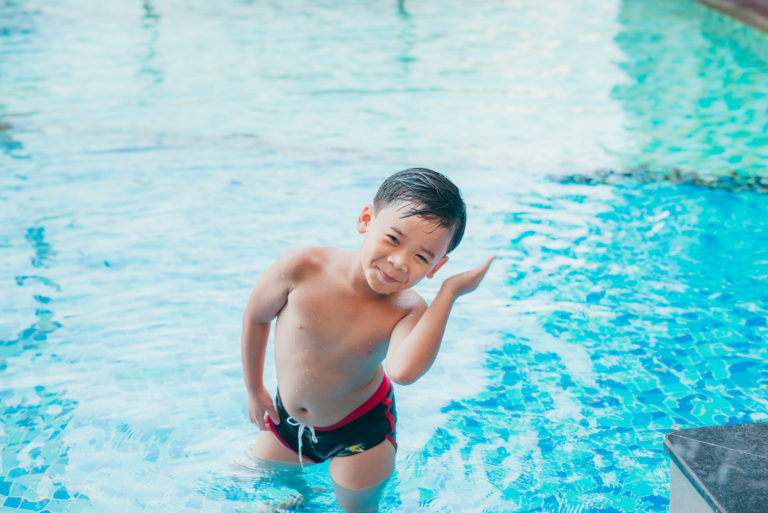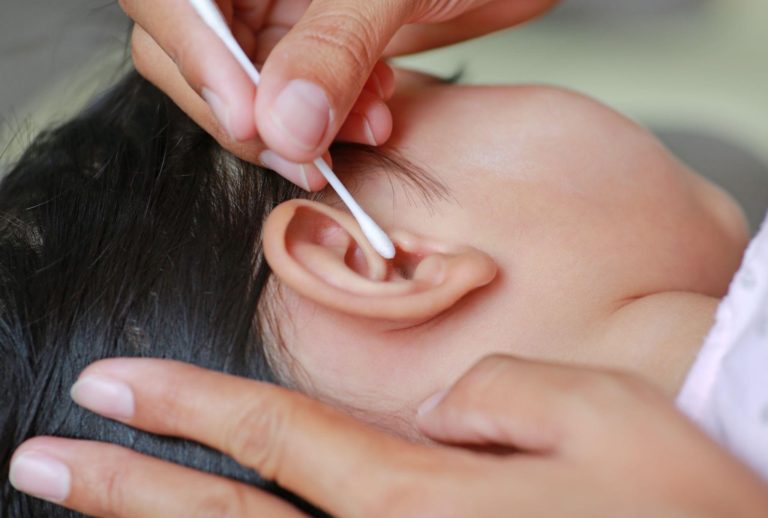Parenting Tips
June 2023
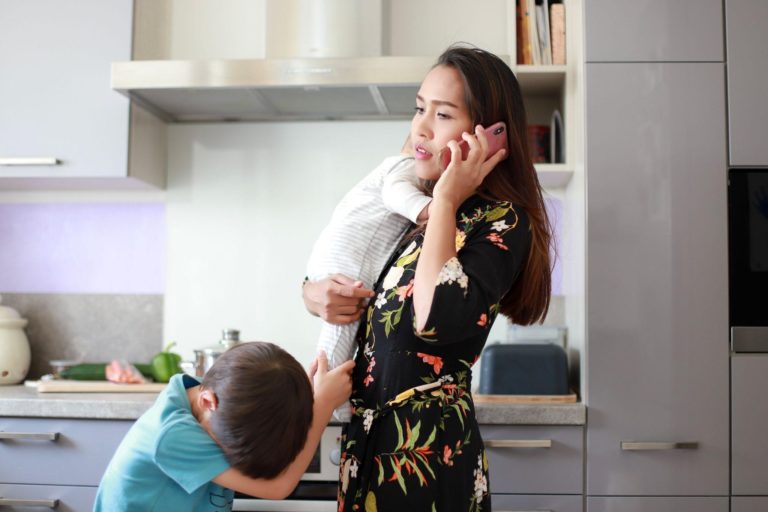
Source: Registered Clinical Psychologist, Yiu Fong Lee
Parents are sometimes overwhelmed when faced with two children. For example, when the older sibling comes to you, the younger sibling is crying. Often, we only care for the younger sibling and neglect the older one, who may say that the parents are biased and only care for the younger one. How do we try to balance the care between the two children and make them feel equally loved?
In the case of the above, perhaps when an older sibling comes to see you, your mother should tell him, “I need to take care of the younger sibling now because he may not be feeling well or he is crying. This will let the older sibling know that his mother needs to look after his younger sibling, “but mom is also very concerned about your situation, so why don’t I come back to you later, when mum has had some time to see what you need or to talk to you?”
Of course, if both parents are at home, the work can be divided. The father will stay with the older child and the mother will stay with the younger child, but Hong Kong people are busy and there may be only one parent at home, so there is a need to prioritise. When to take care of older children? When to take care of younger children?
The second scenario is to invite older brother or sister to join you in caring for younger sibling, for example, “Why don’t you come and help me and we’ll try together to see if we can calm him down together. For example, pat him, sing to him or talk to him. If the older brother or sister does this, the mother can give recognition and encouragement: “You are really doing a good job, you are a very good brother or sister, I am really happy to have such a good little helper. This makes him feel that he can be a part of it and that he can be a big brother or sister to help us out!
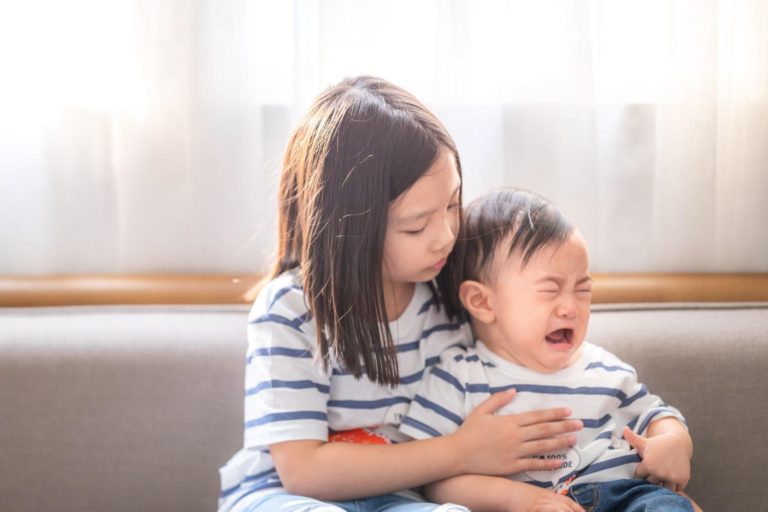
But after we have comforted the junior, we need to go back to the older sibling, asking him why he was coming to me. Does he want to talk to me or play with me?
Also, the most important thing is bedtime, as this is the most intimate time for bonding. If both children are also in a stable mood, we can have a nighttime routine for the three of us before bed. For example, we can sing together, listen to stories, and give each other a pat or a back massage. Mum may be able to pat both children while singing; we may pat one child with the left hand and one with the right, and invite a bigger brother or sister to join in the patting process. Maybe he pats his mom with one hand and his younger brother with the other, so that there is an intimate moment shared by the three of us, and sleep is like a relationship with the parents, but at the same time a time when the three of us are together.
We need to create regular and separate one-to-one special parent-child time, for example, mom with the older child on Monday evenings from 7 p.m. to 8 p.m. and dad with the younger child on Tuesday evenings from 7 p.m. to 8 p.m.
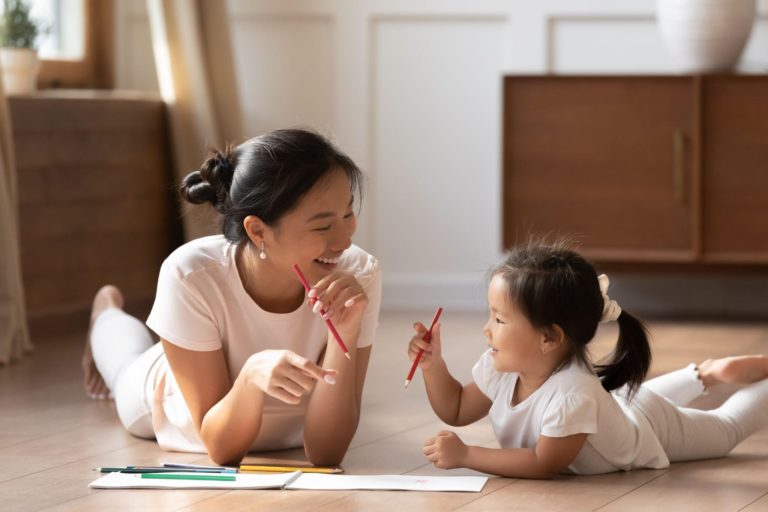
In this way, the roles of the parents are switched and they spend time with different children, one on one, so that they can feel that their parents have a close time with them during this special parent-child time and so that the child can choose what he likes to play with, and then the parents follow the child’s suggestions and let the child take the lead.
For example, if he wants to play with toys, be with him; if he wants to play board games, be with him. At that time, just accompany him wholeheartedly. You may describe how he is feeling at the moment or what he is doing, so that he can feel that his parents are willing to give their time and love to him, and you may also plan for his siblings to have this special bonding time so that they can feel that their parents love them equally. We hope that the above methods will help parents manage the relationship between the two children so that they can feel equally loved by their parents.

